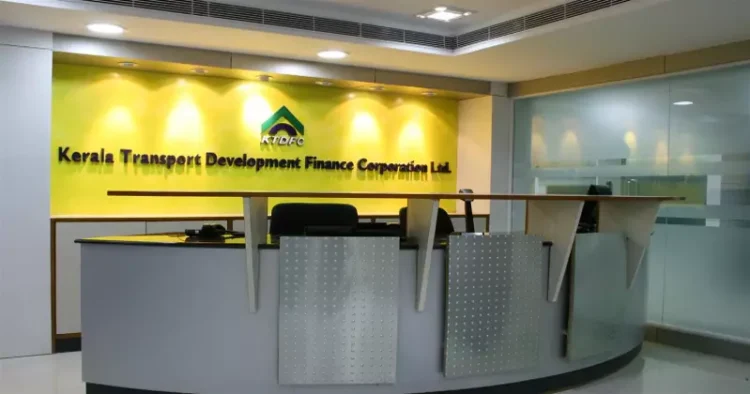Kerala Transport Development Finance Corporation Limited (KTDFC). KTDFC is a non-banking financial company fully owned by the Government of Kerala. It has a valid certificate of registration issued by the Reserve Bank of India under section 45-IA of the RBI Act, 1934.
Considering the petitions moved by the investors, including Lakshminath Trade Link Private Limited, Kolkata, against the non-receipt of their money back, Justice Devan Ramachandran observed that this kind of escaping from responsibility, despite giving a guarantee to the investors, is a matter of shame on the GoK’s side. Lakshminath Trade Link is supposed to get more than Rs 30 lakh back. GoK maintains that the issue is to be solved by Kerala State Road Transport Corporation (KSRTC) and KTDFC together.
Courted wondered how GoK sheds the responsibility despite the fact that the investments were accepted under GoK guarantee. The court asked if such a situation invites the seizure of GoK’s properties. How can the court say that the assets should be sold out and pay the dues? The court asked if GoK stands for the liquidation of KTDFC.
GoK’s Under Secretary (Finance) submitted the affidavit on behalf of the government. HC criticised the affidavit. The court asked GoK to submit another affidavit stating that ‘they do not have the responsibility to pay back the KTDFC deposits’, if they think so.
There were reports in September 2023 that KTDFC was unable to pay Sri Ramakrishna Mission, Kolkota, a fixed deposit of Rs 130 crore despite the maturity deadline. Some other reports in the same month suggested that KTDFC owes Rs 490 crore to various depositors. Subsequently, the Reserve Bank of India (RBI) conveyed its intention to revoke KTDFC’s non-banking licence. It was reportedly communicated to GoK through a special envoy. RBI’s resolve spreads a shadow over Kerala Bank, thanks to its significant investments in KTDFC. It comes on top of the recent setbacks cooperative banks have suffered due to several scams in that sector. CPM-run Karuvannur Cooperative Bank is a glaring example in this context. The finance department’s poor condition in ensuring timely payments has aggravated the situation.
It is to be remembered that KTDFC deposits do enjoy a state government guarantee; in other words, if KTDFC fails to fulfil its repayment obligations, the Kerala government is expected to enter the scene and cover the deposits. But, in light of the corporation’s inability to honour its obligations, the credibility of the state government’s guarantee faces a big question mark.
A few months ago, there was news of CAG report stating that financial mismanagement and a lack of financial discipline were the reasons for the fiscal crisis in the state.




















Comments